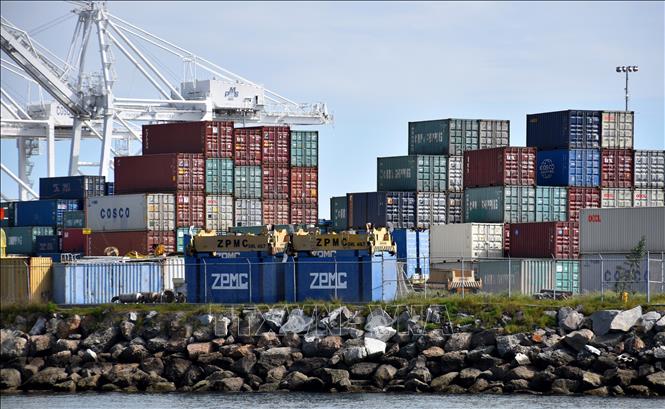
1. US tariffs push many German companies to move production abroad: According to a survey by consulting firm Deloitte and the Federation of German Industry, about two-thirds of manufacturing companies have moved or plan to move operations abroad. Specifically, 20% have relocated production facilities and 43% plan to do so in the next 2-3 years. In addition to manufacturing, product research and development activities also tend to move out of Germany.
2. Nexperia urges China division to help restore chip supply: The move comes amid severe disruptions to Nexperia's supply chain. After the Dutch government took over the company to prevent it from moving operations to China, the country responded by halting exports of Nexperia's finished products. Now, the European branch has also stopped shipping wafers to the Chinese branch, escalating the crisis.
3. US: Thanksgiving online sales expected to rise 6% to $8.6 billion: The growth is driven by heavy discounts from retailers as consumers look for value deals amid tariff-related macroeconomic uncertainty. Despite weak overall sentiment, shoppers are still willing to spend on items like electronics and clothing if they can find a good deal.
4. Black Friday: Purchasing power remains resilient amid tariff storms and economic uncertainty: Despite the drop in consumer confidence, positive sales reports from major retailers show that consumers are still willing to spend, but are more focused on hunting for value deals. Forecasts show that total spending this holiday season will increase by between 3.7% and 4.2%, showing that the consumer market is cautious but still full of potential.
5. Alibaba joins the wearables race: Alibaba Group launched its Quark AI glasses in China, based on Alibaba's large language model Qwen and deeply integrated with its app ecosystem including e-wallet Alipay and shopping site Taobao, with a starting price of 1,899 yuan (about $268). The move shows Alibaba's efforts to anticipate future user flows and compete in the consumer AI sector, which is currently dominated by tech giants like Meta and Apple.
6. Japan's cabinet approves draft supplementary budget of more than 18 trillion yen: The budget package aims to boost growth through measures such as subsidizing energy bills, giving cash to households and encouraging investment in strategic sectors such as semiconductors and shipbuilding. However, the need to raise up to 11.7 trillion yen through new bond issuance has raised concerns about the financial health of Japan, which has the highest public debt among developed countries.
7. EU's new tightening of management aimed at Apple: The European Union (EU) said on November 28 that it is considering whether to include Apple's two Ads and Maps services in the list of platforms that must comply with the bloc's strict digital regulations. Immediately, the US technology giant spoke out against it, saying that these services should be exempted.
8. Malaysia leverages CPTPP to attract FDI: The Comprehensive and Progressive Agreement for Trans -Pacific Partnership (CPTPP) continues to strengthen Malaysia’s position as an attractive investment destination, with about 33.1% of the country’s total foreign direct investment (FDI) coming from CPTPP member economies. Malaysia’s Minister of Investment, Trade and Industry Zafrul Abdul Aziz said Malaysia is leveraging the agreement to position the country as an investment and trade hub for ASEAN and the wider Indo-Pacific region.
Source: https://baotintuc.vn/kinh-te/diem-tin-kinh-te-the-gioi-noi-bat-ngay-28112025-20251128203543584.htm










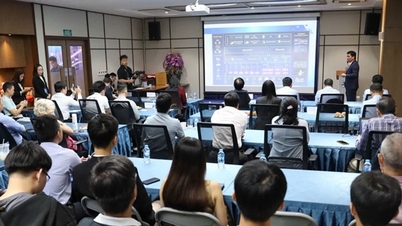



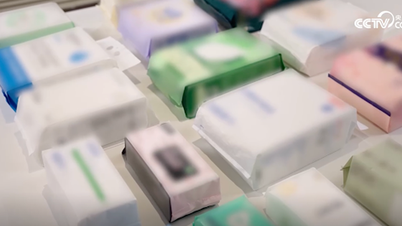


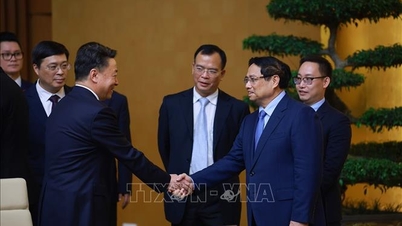

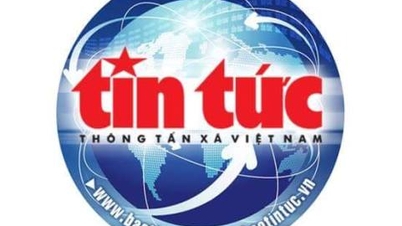

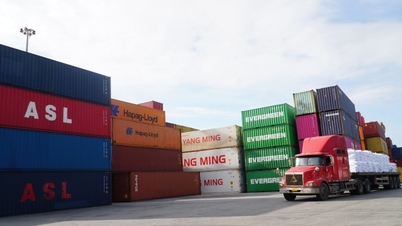










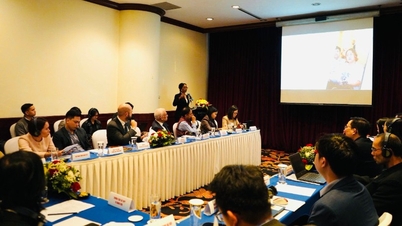
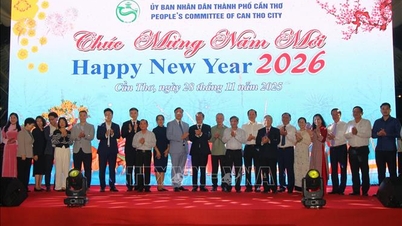
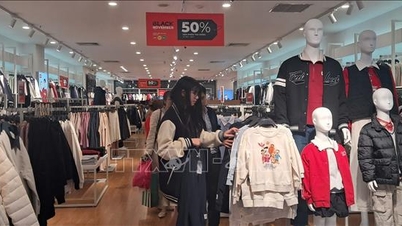
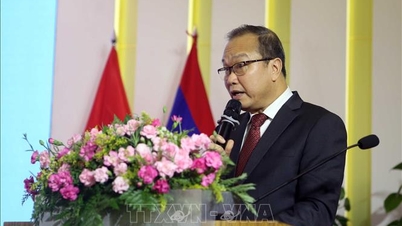
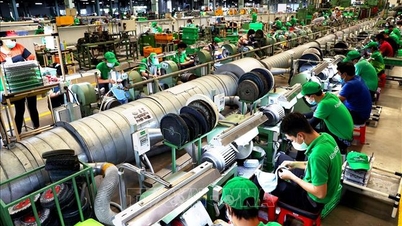


















































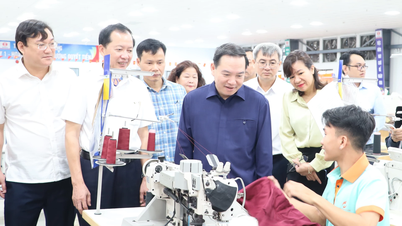


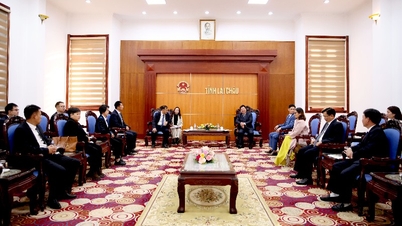

















Comment (0)